As the coronavirus epidemic continues to reshape our lives, the idea of taking up a research degree might seem odd, and taking up a research degree in theology quite bizarre. The Australian government has recently taken the view that the study of the humanities is an expensive luxury, and fees should be adjusted accordingly. So now we have economic theories adding to the narrowly conceived conviction within some of our churches that research is impractical, and pastoral skills are better positioned within vocational training. Both of these views are potentially problematic for church and society.
Economic ideology has colonized our common life, especially since the 1980s, and that is one of the key problems that needs to be thoroughly researched. In order to understand the complexity of the pressing issues at stake, we will need collaboration across the sciences and the humanities—including detailed studies of the intercultural and religious changes that are now unfolding before our eyes. Now is exactly the time to bring theology into dialogue with economics, public health, ecological sciences, history and politics, rather than retreat into narrowly ecclesial practices. Now is the time to be going deep in exploring the implications of competing notions of wellbeing (shalom or salaam), to be pursing the interconnections between every area of life, and to be giving priority to the pursuit of justice and right relationships between God and all creation. The renewal of pragmatism, in whatever form, is very unlikely to have a sufficiently broad embrace of the wounds of the world.
Religion and spirituality are now often perceived to be matters of consumer choice, both inside and outside the churches. Spiritual products seem to be marketable commodities that stand alongside other choices in the culture wars. Fuelling the fires of those culture wars, elements within our theological traditions have had tragically damaging social effects: colonialism, patriarchy, domestic and clergy abuse are the parade examples. Accordingly, we need to hear especially from Aboriginal and Torres Strait Islander researchers, women, migrants, and other groups who have been marginalized by the dominant culture. Business as usual is not an option at the present moment; the old skills don’t match the scope of the task.
Even when religious leaders earnestly claim to be seeking to serve the common good, our public speech is often taken to be manifestly self-contradictory, and not just by militant secularists. The coherence of our language and actions needs to be demonstrated in the public domain, and this will necessarily include genuine conversation and debate about alternative conceptions of justice and care. For all these reasons and more, we cannot do without rigorous thinking and research, especially in these times of crisis.
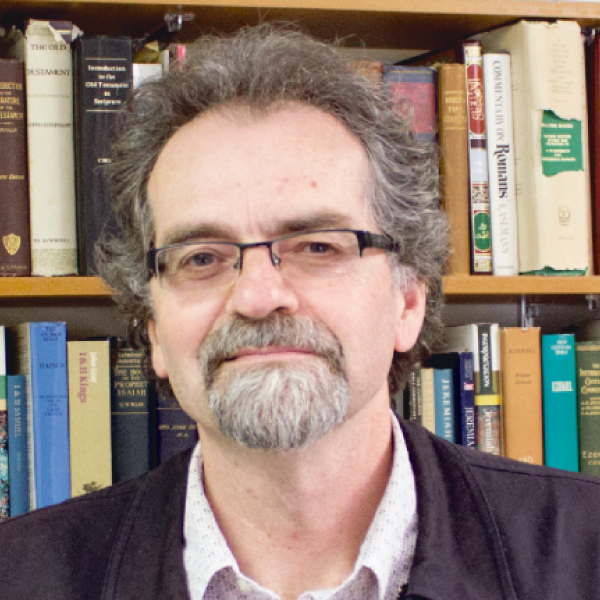
Professor Mark Brett teaches Hebrew Bible and ethics at Whitley College and is in regular demand as a Higher Degree by Research supervisor and examiner. His work is concerned with the intersection between religion and politics in contemporary Australia and the South Pacific, and the lifting up of indigenous theological voices.


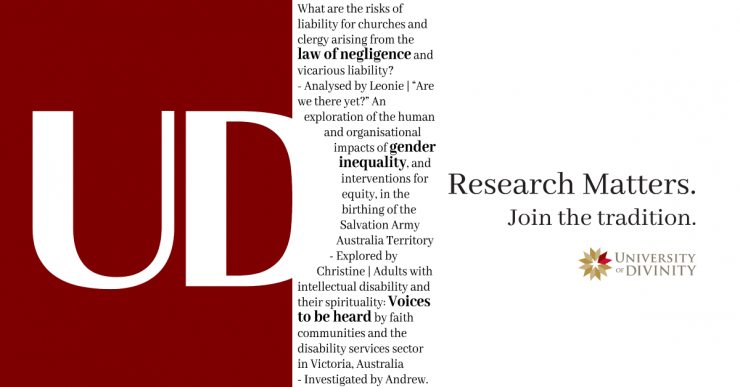
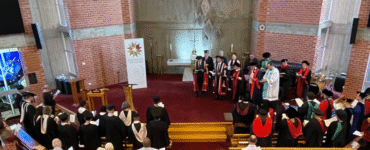
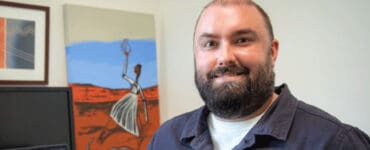
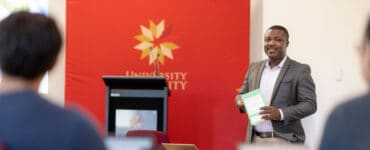

Add comment